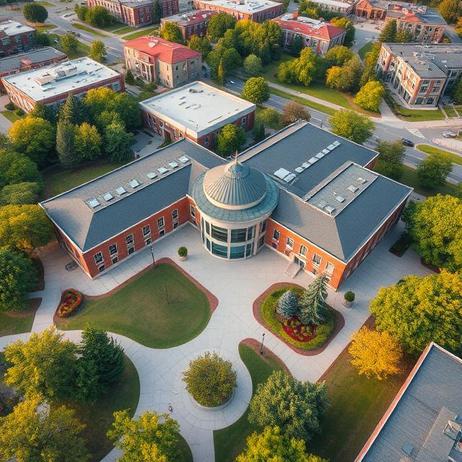Community College vs University: What’s the Difference?
When students and families contemplate postsecondary education in 2025, one of the recurring questions is whether to begin at a community college or enroll directly in a university. On the surface, both pathways lead to degrees and career opportunities—but beneath that, there are meaningful distinctions in cost, structure, student population, and outcomes. This article updates common comparisons with the latest data, policies, and real-world examples to help prospective students, parents, and educators make better-informed decisions.
What Is a Community College?
Definition & mission. Community colleges (often known as junior or two-year colleges) offer associate degrees, certificates, workforce training, remedial courses, and often serve as gateways for transfer to four-year institutions. Their mission is dual: provide accessible postsecondary education and respond to local workforce needs (e.g. health, trades, IT).
Typical programs. Students often complete general education (math, English, natural sciences) or specialized vocational courses. Many also enroll part-time or balance studies with full-time jobs or family responsibilities.
Student demographics & scale (2025).
Community college students account for approximately 39 % of all U.S. undergraduates as of 2025.
In Spring 2025, community colleges saw one of the largest enrollment upticks among postsecondary institutions (+5.4 %) — part of a broader +3.2 % increase in postsecondary enrollment overall.
Nearly half of all Hispanic undergraduates






















